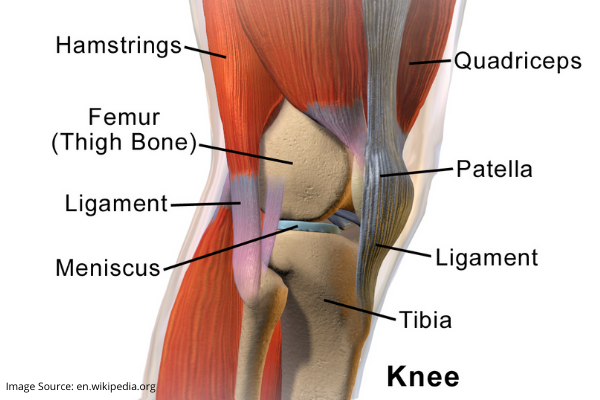

IS ARTHROSCOPIC KNEE SURGERY USEFUL

Arthroscopic knee surgery refers to a surgical procedure employed to treat problems of the knee joint; it involves the use of a tiny fiber-optic video camera called an arthroscope inserted through a small incision the size of a button hole into the knee joint to view the insides, which is transmitted onto a high-definition video monitor, to assist the surgeon diagnose and repair the problem.
Arthroscopic surgeries can be used for treating knee injuries that include a torn meniscus, torn anterior or posterior cruciate ligaments, dislocated patella, removal of Baker’s cysts, fractures of the knee or a swollen synovium (joint lining).
All these conditions cause pain, which can be a nuisance. Similarly the pain of mild osteoarthritis can also be a nuisance and even when it’s associated with a degenerative meniscus tear, it is now being increasingly recognized that an arthroscopic surgery may not really be the mode of treatment of choice for this, as the benefits only last a short time and might even prove harmful in the long run. For years, orthopedic surgeons have routinely offered ‘a cleanup’ or debridement using arthroscopic surgery for such cases, but within six months, the improvements in pain and mobility become negligible; the benefits were no better than conservative, non-surgical treatment. So the question arises – is arthroscopic surgery really worth it for meniscal tears in the presence of mild to severe osteoarthritis? It was found that there is improvement with time, whether with or without surgery, so why take the unnecessary risk of surgery and added expenses.
Aside from the cost, it has been found that non-operative interventions should be given a larger role to play, especially in middle-aged and older patients. Exercise has been found to be a more effective treatment for chronic pain and mobility than painkillers and arthroscopic surgery. You also get to reduce the chances of complications of surgery as every year people die of blood clots in the legs and lungs after surgery.
Conservative treatments offer better results with little or no risks involved; one can start by modifying their daily activities and giving their knee ‘time-outs’ while also taking anti-inflammatory pills and switching to an anti-inflammatory diet to reduce the swellings of mild arthritis. Some might benefit from special exercise regimes or physiotherapy to strengthen the knees. Steroid injections or platelet-rich plasma injections can also be considered in some cases, depending on the extent of the affliction.
For patients with degenerative meniscus tear, there is only short-term benefit of arthroscopic surgery as the pain is due to the arthritis and not the meniscus tear. Non-surgical treatments like rest, exercise and pain-killers provides the same relief too.
But do note here that pain due to injury or insult in healthy knees do benefit from this surgery as compared to arthritic knees.
People shouldn’t really feel obliged to seek surgical relief, instead opt for traditional therapy like ice-packs, pain-killers, weight loss, moderating your activities, etc.














